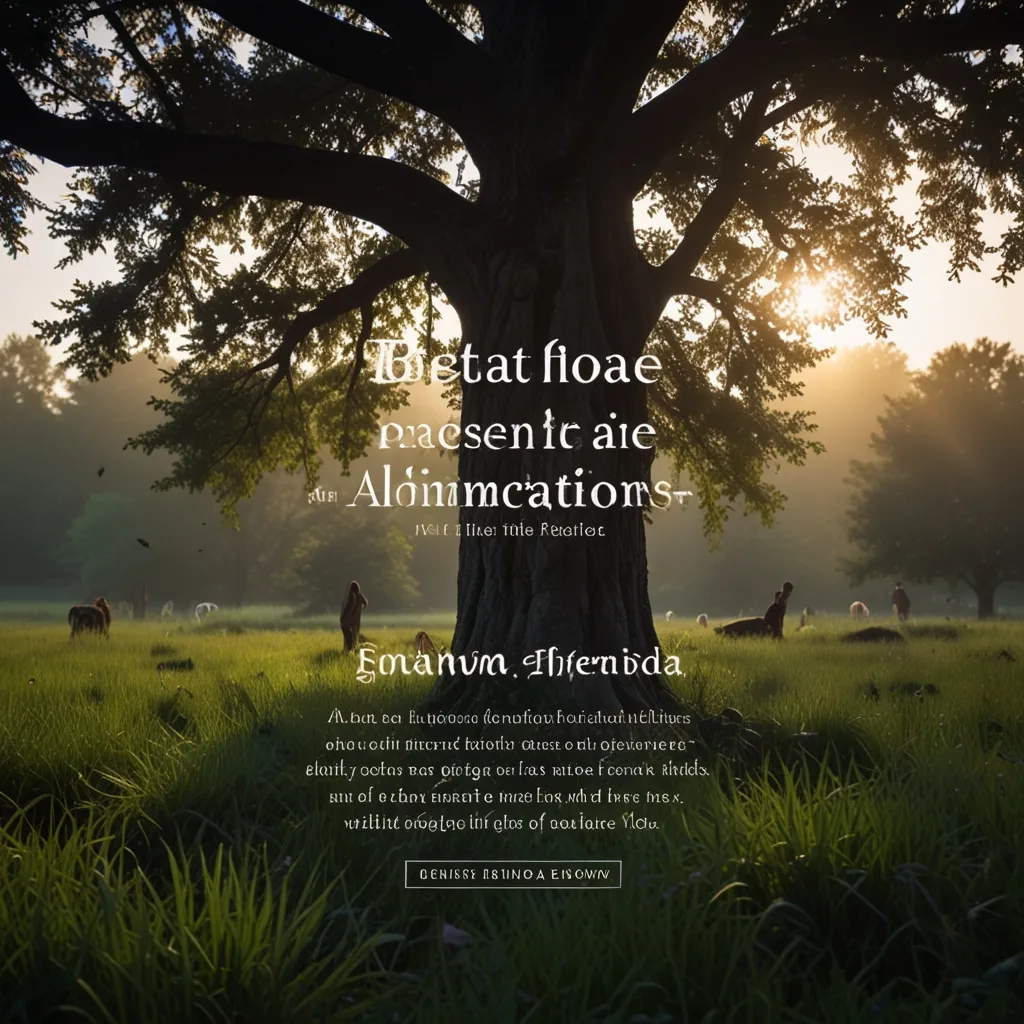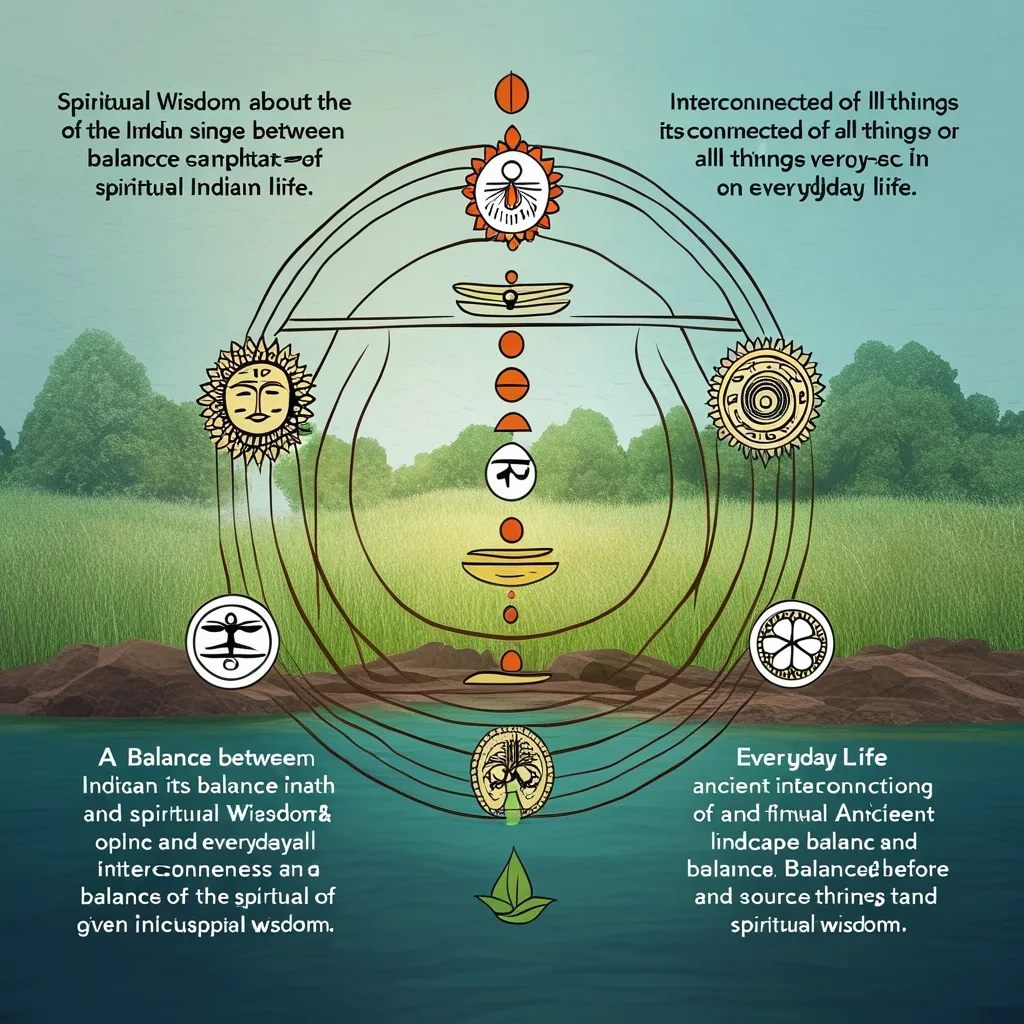As we venture into the intricate world of Indian epistemology, we often find ourselves entangled in discussions about positive means of knowledge – perception, inference, testimony, and more. However, there is a fascinating concept that stands out for its unique approach to understanding knowledge: Anupalabdhi, or the knowledge gained through non-perception.
Anupalabdhi, a term that translates to “non-perception” or “non-recognition,” is a pramana, or means of knowledge, that is particularly significant in the Mimamsa and Advaita Vedanta schools of thought. This concept challenges our conventional understanding of how we acquire and validate knowledge by positing that absence or non-existence can be a valid source of cognition.
Imagine walking into a room, expecting to find your friend, but they are nowhere to be seen. This moment of realization – the recognition that your friend is not there – is precisely what Anupalabdhi is about. It is not just the lack of perception but a distinct mode of knowing that informs us about the absence of something. In this scenario, the non-apprehension of your friend’s presence is as valid a form of knowledge as seeing them in the room would be.
The Mimamsa school, which focuses on the exegesis of the Vedas, places great emphasis on Anupalabdhi. According to Mimamsaka philosophers, Anupalabdhi is a separate and independent means of knowledge. It is argued that this non-perception is not derived from other means of knowledge like inference or perception but stands on its own. For instance, when you enter a room and do not find a jug where you expected it to be, this non-apprehension is immediate and direct, not requiring any mental inference.
At the heart of Anupalabdhi lies a crucial debate: whether the knowledge of absence is derived from other means of knowledge or if it is a standalone pramana. Proponents of Anupalabdhi argue that it is unique because it directly makes us aware of an absence without the need for inference. This is a departure from other philosophical schools that rely on more tangible means of obtaining knowledge.
There are four varieties of Anupalabdhi that have been identified, each offering a nuanced perspective on how absence is perceived. The first is kāraṇa-anupalabdhi, or the non-perception of the causal condition. This refers to the absence of a cause that would normally lead to a certain effect. For example, if it has not rained and there is no water in the river, the non-perception of the causal condition (rain) informs us about the absence of water.
The second is vyāpaka-anupalabdhi, or the non-perception of the pervader. This involves the absence of a universal or pervasive entity. If we do not perceive a characteristic that is supposed to be universally present, we infer its absence. The third, svabhāva-anupalabdhi, pertains to the non-perception of the presence of itself, essentially the absence of an inherent nature or property. The fourth, viruddha-anupalabdhi, is the non-perception of the opposed, where the absence of something is inferred because its opposite is present.
These types of Anupalabdhi highlight how the concept goes beyond mere lack of perception. It is a sophisticated tool for understanding absence in various contexts. For instance, if you are searching for your glasses and do not see them on your desk, the moment of realization that they are not there is an example of Anupalabdhi at work. This is not just a casual observation but a valid form of knowledge that informs you about the absence of your glasses.
The significance of Anupalabdhi extends beyond philosophical discourse and into practical applications. In law, establishing the absence of a person or an object can be crucial evidence. Scientists often rely on the absence of expected results to refute hypotheses, a process that is akin to Anupalabdhi. This concept shows us that absence can be as informative as presence, challenging our conventional views on how we validate knowledge.
However, not all philosophical schools accept Anupalabdhi as a separate pramana. Followers of Prabhākara and the Vishishtadvaita school argue that the same sense organs that apprehend an entity can also cognize its non-existence. According to them, there is no need for a separate pramana for non-perception because the perception of an empty space or the absence of an object can be accounted for by the existing means of knowledge.
Despite these debates, Anupalabdhi remains a compelling concept that enriches our understanding of epistemology and logic. It forces us to consider the nature of reality and how we perceive it. By recognizing that absence can be a source of valid cognition, we open ourselves to new dimensions of understanding.
In our daily lives, we engage in Anupalabdhi more often than we realize. Every time we notice that something is missing, we are using this pramana. This concept is not just an abstract philosophical idea but a practical tool for sharpening our cognitive skills and critical thinking.
As we delve deeper into the world of Anupalabdhi, we find that ancient Indian philosophers viewed knowledge acquisition as a nuanced process. They understood that knowledge is not just about what we perceive but also about what we do not perceive. This nuanced approach to knowledge challenges us to think differently about the world around us and the ways in which we understand it.
In essence, Anupalabdhi is more than just a concept; it is a way of seeing the world. It reminds us that sometimes the most profound insights come from what is not there, rather than what is. By embracing this unique perspective, we can gain a deeper appreciation for the complexity and richness of Indian philosophical traditions and enhance our own understanding of the enigma of existence.






